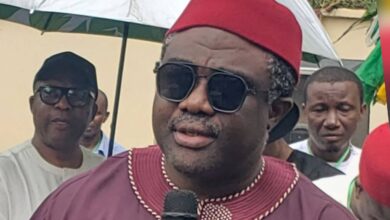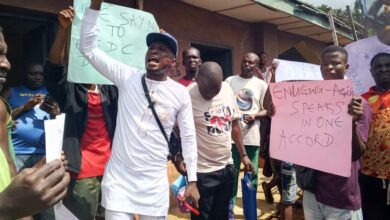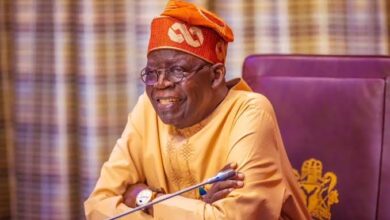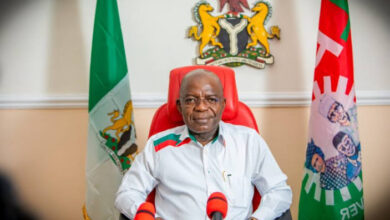FG Launches Net-Zero Nature Project to Combat Climate Change In Niger Delta
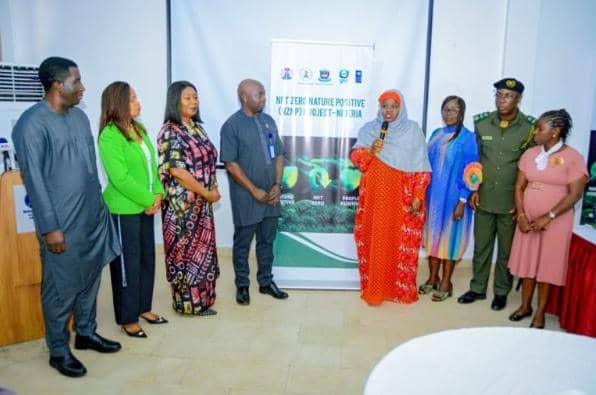
Nigeria’s National Assembly (NASS) has proposed that the next general elections, including presidential and governorship polls, be held in November 2026 six months before the official end of the current administration’s tenure.
The proposal, part of the Electoral Act (Amendment) Bill 2025, seeks to end years of post-election court disputes dragging into new government terms.
Lawmakers said the change would allow all legal cases arising from the polls to conclude before the May 29, 2027 handover.
Chairman of the House Committee on Electoral Matters, Adebayo Balogun, explained that the reform ensures every stage of litigation is completed within the 185 days before the swearing-in date.
“All tribunal judgments will be done within 90 days, appeals within 60 days, and Supreme Court decisions within the remaining period,” he said.
The amendment also proposes that presidential and governorship elections hold not later than 185 days before the expiration of incumbents’ tenure.
That timeline points directly to November 2026, replacing the traditional February or March election window.
The bill, unveiled during a public hearing in Abuja, drew interest from political parties, civil society groups, and the Independent National Electoral Commission (INEC).
It also gained international attention, with the United Kingdom pledging support for Nigeria’s democratic reforms.
At the event, Cynthia Rowe, Head of Development Cooperation at the UK’s Foreign, Commonwealth, and Development Office, said the UK is ready to walk with Nigeria on this reform journey.
“We are proud to support Nigeria’s effort to strengthen its institutions and democracy,” she said.
The National Assembly is also pushing for mandatory electronic voting and electronic transmission of results, backed by strict penalties for violations.
Any official who issues unstamped or unverified result sheets could face a ₦1 million fine, one-year jail term, or both.
Another key feature of the amendment is early voting, allowing security personnel, INEC officials, accredited observers, journalists, and ad-hoc staff to cast their ballots up to 14 days before election day.
Lawmakers said this ensures those on essential duties do not lose their voting rights.
The Inter-Party Advisory Council (IPAC), representing all 19 registered political parties, expressed full support for the reform.
IPAC’s National Chairman, Dr. Yusuf Dantalle, said it was time to modernize Nigeria’s elections and restore voter confidence.
“Our democracy must be protected from manipulation and inefficiency,” he declared.
Legal expert Justice Nathaniel Ajileye also urged NASS to adopt blockchain technology in managing election data.
He said blockchain offers a transparent and tamper-proof way to store and transmit results, reducing fears of hacking and manipulation.
Observers believe the reforms, if passed, could mark a turning point in Nigeria’s electoral credibility.
The proposal, which includes constitutional amendments, aims to ensure transparency, speed, and fairness across all stages of the 2027 election cycle.
Post Views: 135

